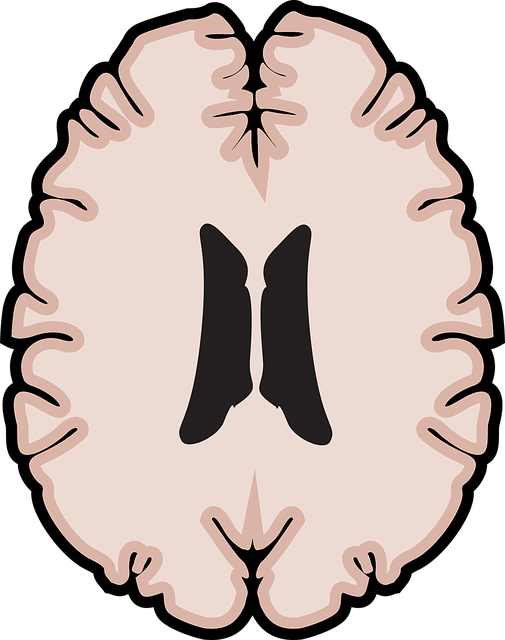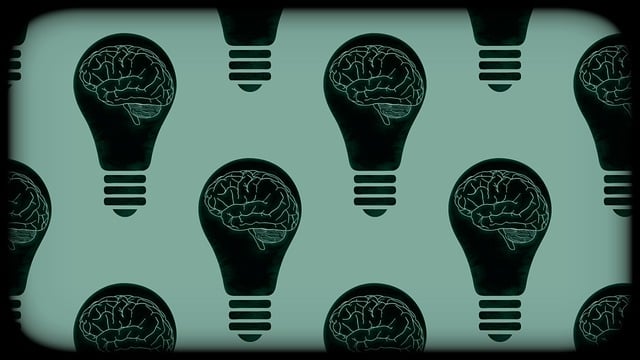Greenwood Village Bipolar Disorder Therapy leverages positive thinking exercises integrated into treatment plans to empower patients managing symptoms effectively, reduce anxiety, and enhance mental wellness. By fostering mindfulness, challenging negative thought patterns with realistic positives, and building resilience through structured routines like journaling and meditation, this approach significantly improves overall mental health, especially for individuals navigating bipolar disorder in the community. Regular progress assessments ensure dynamic adjustments to therapeutic plans, promoting proactive management and preventing relapses, ultimately enhancing quality of life.
Positive thinking exercises have emerged as a powerful tool in managing bipolar disorder, with evidence suggesting significant improvements in mental health outcomes. This article explores the transformative potential of positive thinking, focusing on its impact on bipolar individuals in Greenwood Village. We delve into identifying negative thought patterns, providing practical strategies for incorporating daily exercises, and offering techniques to ensure consistent practice. Additionally, we discuss measuring progress and adjusting therapy strategies tailored to Greenwood Village Bipolar Disorder Therapy.
- Understanding Positive Thinking and its Impact on Mental Health
- Identifying Negative Thought Patterns in Bipolar Disorder
- Incorporating Daily Positive Thinking Exercises
- Techniques for Effective Practice and Consistency
- Measuring Progress and Adjusting Strategies in Greenwood Village Bipolar Disorder Therapy
Understanding Positive Thinking and its Impact on Mental Health

Positive thinking is a powerful tool that can significantly influence mental health and overall well-being. It involves cultivating optimistic attitudes, focusing on the positive aspects of life, and reframing negative thoughts into more constructive ones. This simple yet profound practice has been shown to have numerous benefits for individuals dealing with various mental health challenges, including bipolar disorder. In Greenwood Village Bipolar Disorder Therapy, positive thinking exercises are increasingly incorporated into treatment plans to empower patients in managing their symptoms effectively.
By fostering a positive mindset, individuals can enhance their coping skills development and stress management abilities. Mindfulness meditation, as a part of these exercises, encourages present-moment awareness, helping to calm the mind and reduce anxiety. This practice allows people to recognize negative thought patterns and substitute them with more realistic and positive perspectives. As a result, it contributes to improved emotional regulation and overall mental resilience.
Identifying Negative Thought Patterns in Bipolar Disorder

Negative thought patterns are a significant aspect of managing Bipolar Disorder. Individuals living with this condition often experience extreme shifts in mood, and identifying these negative patterns is a crucial step in Greenwood Village Bipolar Disorder Therapy. Therapists play a vital role in helping patients recognize when their thoughts become distorted or unhelpful, which can lead to anxiety relief and improved mental wellness.
Cultural sensitivity in mental healthcare practice is essential here, as different individuals may interpret and express their emotions uniquely. A skilled therapist will create a safe space for clients to explore these patterns without judgment, fostering a deeper understanding of their condition. By becoming aware of negative thought cycles, patients can develop strategies to challenge and replace these thoughts with more positive and realistic ones, ultimately enhancing their overall mental health and quality of life.
Incorporating Daily Positive Thinking Exercises

Incorporating daily positive thinking exercises into your routine can be a powerful tool for managing mental health, especially for those navigating bipolar disorder in Greenwood Village. These practices are designed to cultivate a more optimistic mindset, which can significantly enhance overall well-being. Starting small and consistent is key; dedicating just 15-20 minutes each day to positive affirmations, gratitude journaling, or mindfulness meditation can make a noticeable difference over time. The Community Outreach Program Implementation in Greenwood Village emphasizes resilience building through such exercises, aiming to empower individuals with strategies to cope with life’s challenges more effectively.
By making these activities part of your daily regimen, you’re not only investing in your personal growth but also actively contributing to Mental Illness Stigma Reduction Efforts. Sharing experiences and success stories can inspire others to embrace positive thinking, fostering a supportive network within the community. This collective approach to mental health awareness underscores the power of community engagement in promoting overall psychological resilience.
Techniques for Effective Practice and Consistency

Implementing positive thinking exercises requires a strategic approach for optimal effectiveness and consistency. At Greenwood Village Bipolar Disorder Therapy, our experts emphasize structured routines as a cornerstone of mental wellness journaling exercise guidance. Starting with Risk Management Planning for Mental Health Professionals can help individuals set achievable goals and track progress, ensuring daily practice becomes a habit rather than a chore.
Incorporating techniques like cognitive reframing and gratitude practices into one’s routine is invaluable. For instance, Social Skills Training methods encourage mindful interactions, fostering a sense of positivity in social settings. Consistency is key; dedicating even 15 minutes daily to reflective journaling or positive affirmation exercises can significantly impact overall mental health over time.
Measuring Progress and Adjusting Strategies in Greenwood Village Bipolar Disorder Therapy

In Greenwood Village Bipolar Disorder Therapy, measuring progress and adjusting strategies are paramount to effective treatment. Therapists often employ structured assessments to gauge improvements in symptoms, mood stability, and overall mental wellness. Regular check-ins allow for dynamic adjustments to the therapeutic plan, ensuring it remains tailored to the individual’s evolving needs. By closely monitoring progress, therapists can identify what’s working and what requires refinement, fostering a more responsive and personalized approach to bipolar disorder management.
This iterative process not only enhances mental health awareness but also empowers individuals to actively participate in their care. Through open communication with their therapist, patients can learn to recognize triggers, develop coping mechanisms, and implement effective emotional well-being promotion techniques. Such proactive measures are instrumental in maintaining balance and preventing relapses, ultimately leading to improved quality of life for those navigating bipolar disorder.
Implementing positive thinking exercises as part of Greenwood Village Bipolar Disorder Therapy can significantly enhance mental health outcomes. By understanding and identifying negative thought patterns, individuals can begin to transform their mindset, fostering resilience and emotional well-being. Through consistent practice, these techniques offer a powerful tool for managing symptoms and improving overall quality of life. With measured progress and strategic adjustments, the journey towards positive thinking becomes not just a therapeutic exercise, but a lifelong skill, empowering those with bipolar disorder to thrive in all aspects of their lives.














